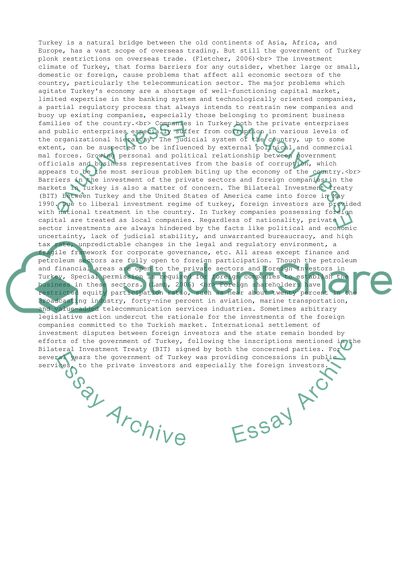Cite this document
(“Restrictions on Overseas Trade in Turkey Case Study”, n.d.)
Restrictions on Overseas Trade in Turkey Case Study. Retrieved from https://studentshare.org/business/1517433-restrictions-on-overseas-trade-in-turkey
Restrictions on Overseas Trade in Turkey Case Study. Retrieved from https://studentshare.org/business/1517433-restrictions-on-overseas-trade-in-turkey
(Restrictions on Overseas Trade in Turkey Case Study)
Restrictions on Overseas Trade in Turkey Case Study. https://studentshare.org/business/1517433-restrictions-on-overseas-trade-in-turkey.
Restrictions on Overseas Trade in Turkey Case Study. https://studentshare.org/business/1517433-restrictions-on-overseas-trade-in-turkey.
“Restrictions on Overseas Trade in Turkey Case Study”, n.d. https://studentshare.org/business/1517433-restrictions-on-overseas-trade-in-turkey.


